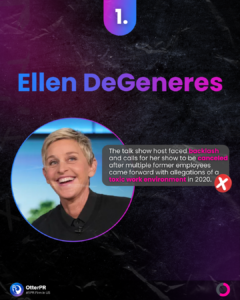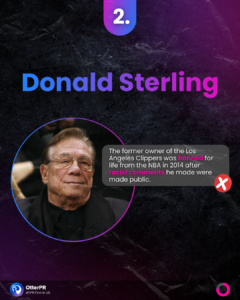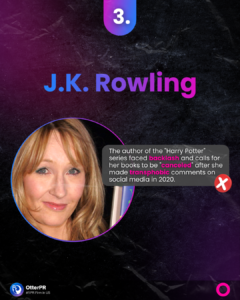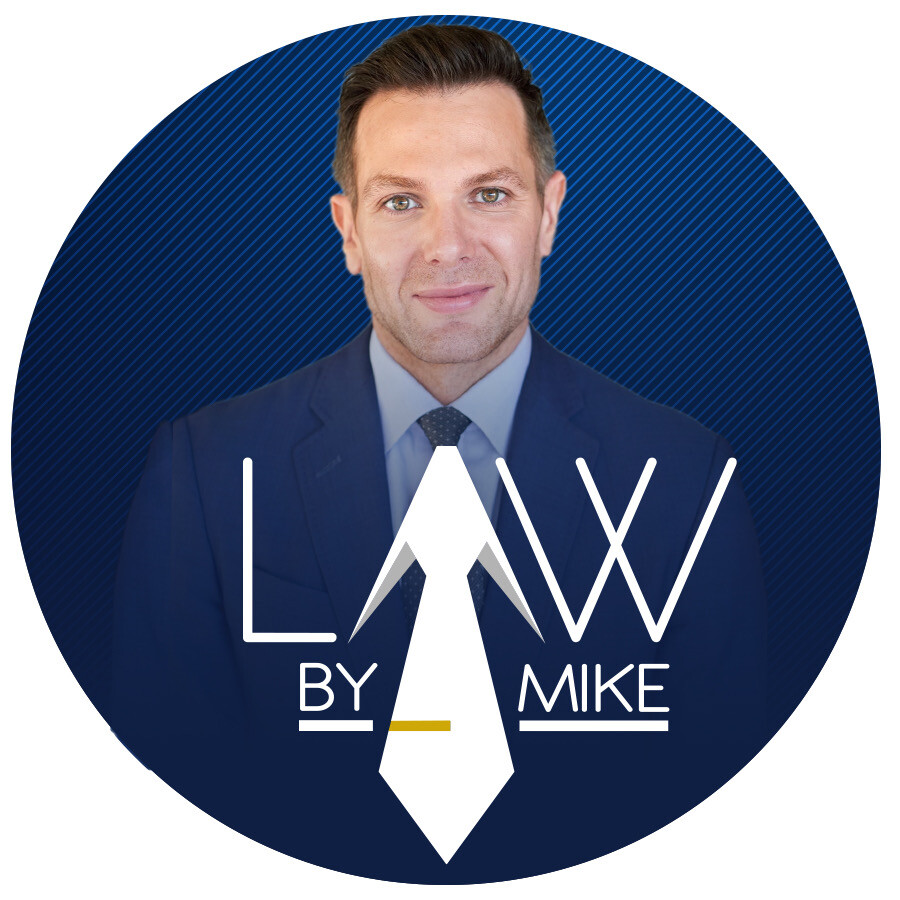Cancel culture is a complex issue with valid arguments on both sides. While it can be seen as a form of accountability and societal change, it also has the potential to be used as a form of public shaming and mob justice. It’s important to consider the nuances and complexity of individual cases when discussing cancel culture and to engage in thoughtful and nuanced discussions about how to hold individuals accountable for their actions.
What is cancel culture?
Cancel culture refers to the phenomenon of holding individuals or groups accountable for their actions or past behavior by boycotting or “canceling” them. This can manifest in various ways, such as through social media campaigns, public shaming, or loss of employment.
The origins of cancel culture can be traced back to social media, where the anonymity and reach of the internet has allowed marginalized communities to speak out against those who have harmed them. The #MeToo movement, for example, brought attention to the widespread problem of sexual harassment and assault and led to the cancellation of many powerful men in various industries.
While cancel culture can be seen as a form of accountability for individuals who have caused harm, it has also been criticized for its potential to be used as a form of public shaming and mob justice. It can be difficult to distinguish between true accountability and cancel culture, particularly when it comes to public figures or those with a large platform.
Another critique of cancel culture is that it can be used to silence dissenting voices or limit free speech. This is particularly relevant in the case of public figures or those in the entertainment industry who have made controversial statements or held unpopular views.
On the other hand, some argue that cancel culture is necessary to hold people accountable for their actions, particularly when traditional forms of justice have failed marginalized communities. It can also be seen as a means of shifting societal norms and holding those in positions of power accountable for their actions.
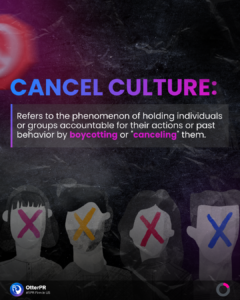
Is cancel culture effective?
The debate surrounding cancel culture centers on whether it is an effective way to hold individuals accountable for their actions or whether it is a form of public shaming and mob justice.
Proponents of cancel culture argue that it is a necessary form of accountability, particularly for marginalized communities that have been traditionally ignored or mistreated by traditional forms of justice. They see it as a way to shift societal norms and hold those in positions of power accountable for their actions. They also argue that it can be a powerful tool to stop the spread of hate speech and harmful ideas.
Critics of cancel culture argue that it can be used to silence dissenting voices or limit free speech. They argue that it can be used to punish people for past mistakes, without allowing for growth or redemption. They also argue that it can be used to target individuals for personal or political reasons, and that it can lead to a culture of fear where people are afraid to speak their minds for fear of backlash.
Another debate around cancel culture is the lack of due process and the possibility of people being judged by the court of public opinion, rather than by a legal system. People who are “canceled” often have little or no recourse to defend themselves or clear their name, which some argue is unjust and not in line with the principles of a fair and just society.
Additionally, there is a debate around whether cancel culture is effective in achieving real and lasting change, or whether it simply leads to the removal of specific individuals from positions of power without addressing the underlying issues that led to their problematic behavior in the first place.
When did cancel culture start?
The origins of cancel culture can be traced back to social media, where the anonymity and reach of the internet has allowed marginalized communities to speak out against those who have harmed them. The #MeToo movement, which began in 2017, brought attention to the widespread problem of sexual harassment and assault and led to the cancellation of many powerful men in various industries.
However, it’s important to note that the concept of “cancel culture” or “call-out culture” is not new and has its roots in various social justice movements of the past. Examples of holding people accountable for their actions, such as boycotts and public shaming, have been used throughout history as a way to bring attention to social issues and hold individuals accountable.
The term “cancel culture” as we know it today, started to gain popularity in the mid-2010s, and has grown as a mainstream term in the past few years. But, The term “cancel culture” as a concept of holding people accountable for their past or present wrongs, has been around for much longer.
What are the top cancel culture examples?
- Harvey Weinstein: The Hollywood producer was accused of sexual harassment and assault by multiple women in 2017, leading to the #MeToo movement and the cancellation of his career. Many other powerful men in various industries have also faced similar consequences.
- Bill Cosby: The comedian and actor was accused of sexual assault by multiple women in 2014, leading to the cancellation of his career and a guilty verdict in 2018.
- R. Kelly: The R&B singer was the subject of a documentary in 2019 that detailed allegations of sexual abuse, leading to calls for his music to be boycotted and the cancellation of his tour.
- Donald Sterling: The former owner of the Los Angeles Clippers was banned for life from the NBA in 2014 after racist comments he made were made public.
- James Gunn: The director of the “Guardians of the Galaxy” franchise was fired by Disney in 2018 after old tweets of his, in which he made jokes about rape and pedophilia, resurfaced. He was later rehired by Disney after public pressure and apologies from Gunn himself.
- Ellen DeGeneres: The talk show host faced backlash and calls for her show to be canceled after multiple former employees came forward with allegations of a toxic work environment in 2020.
- J.K. Rowling: The author of the “Harry Potter” series faced backlash and calls for her books to be “canceled” after she made transphobic comments on social media in 2020.
